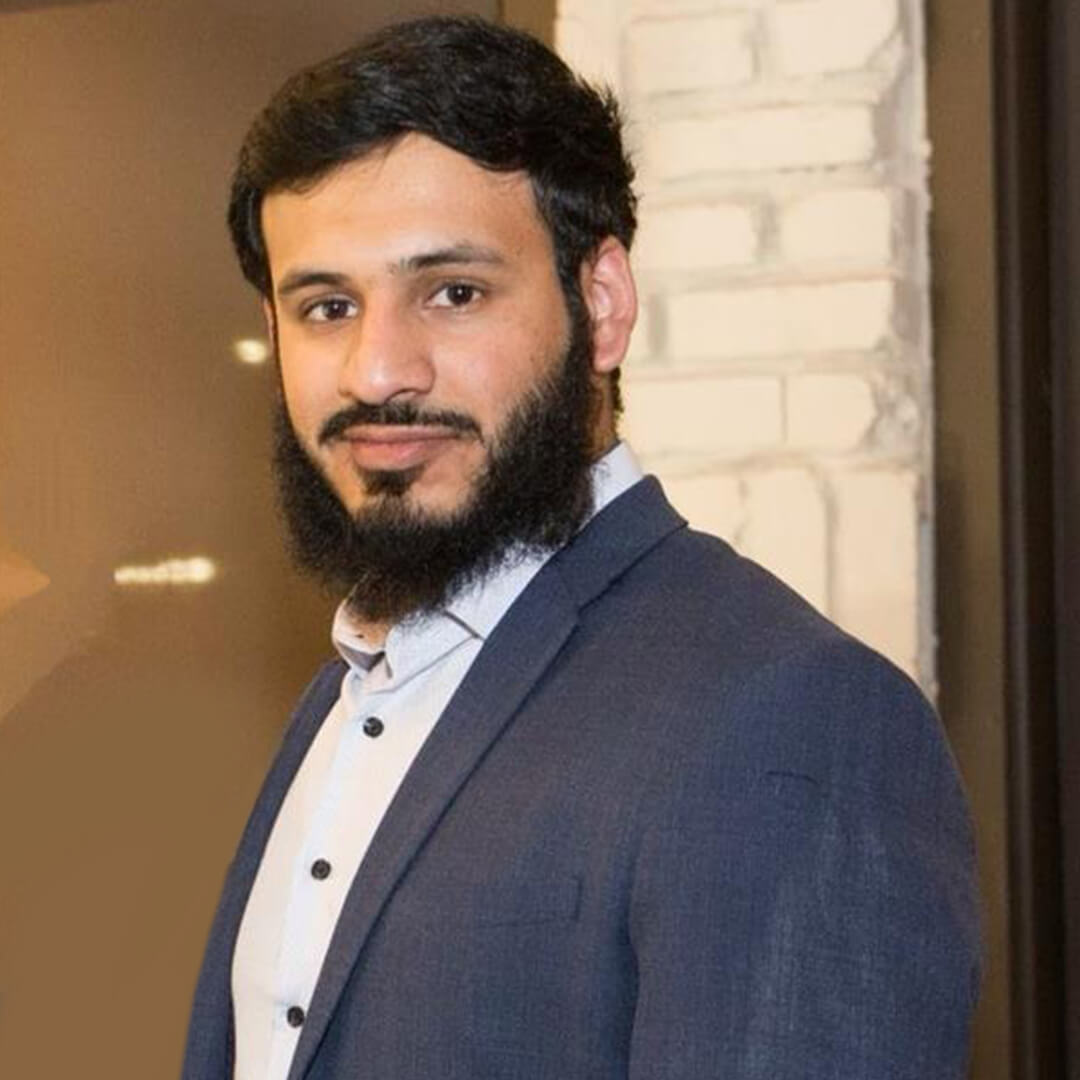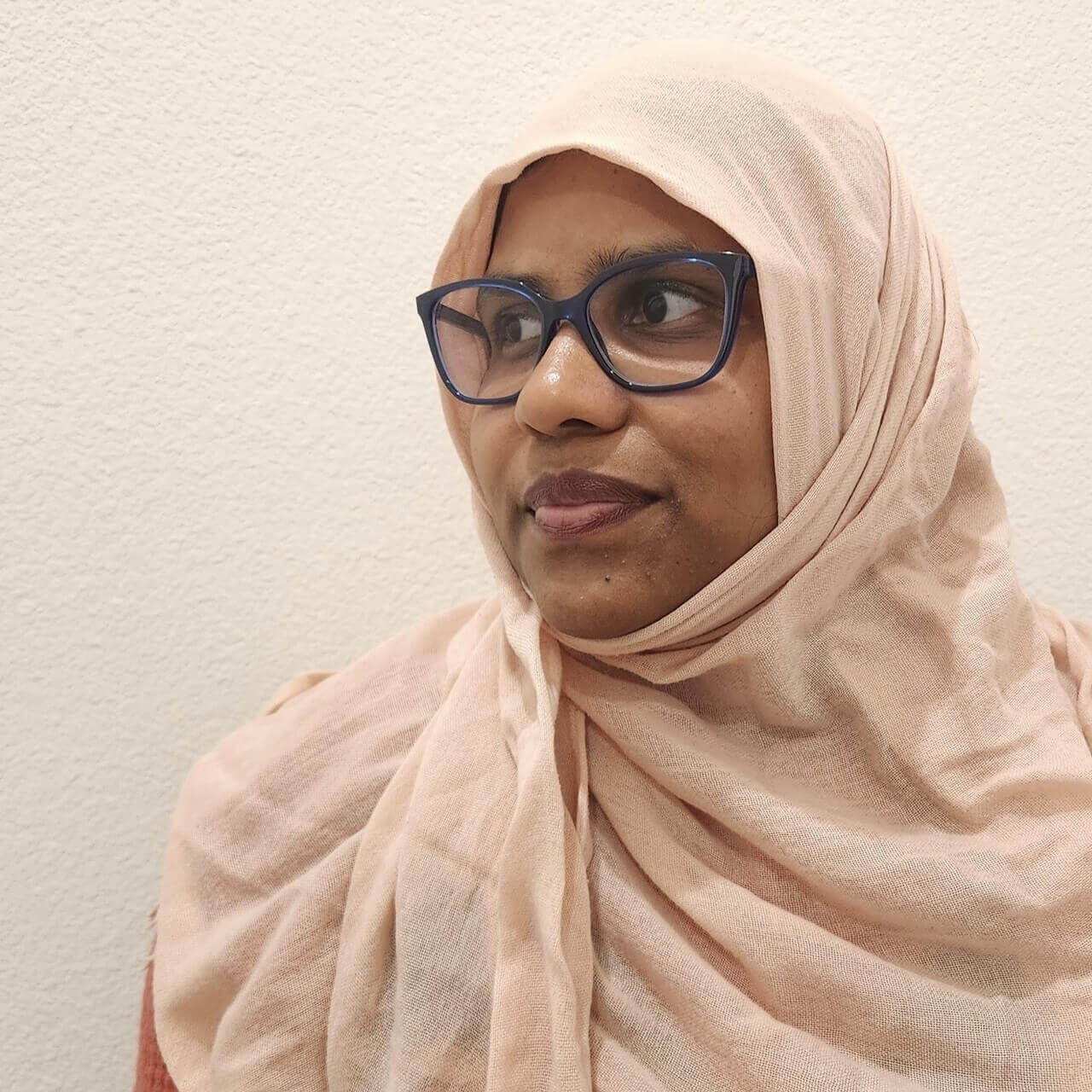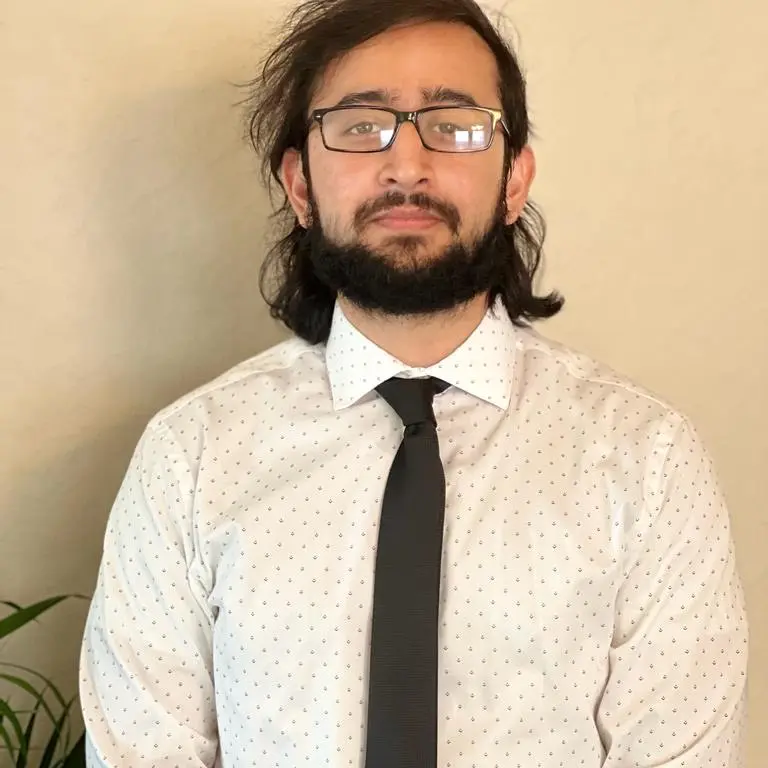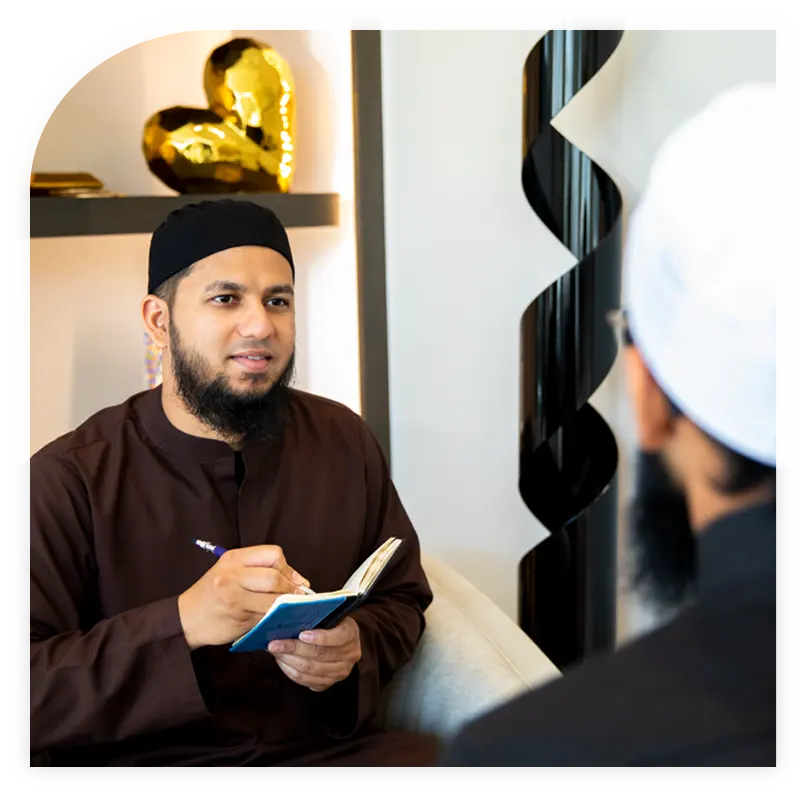When it comes to healing from past traumas, often people go to therapy in order to work through past traumas. However, individual therapy can be long, drawn out and exhausting for the person to re-live. While individual therapy may be necessary depending on the severity of the trauma, individual coaching can also be an alternative. When looking for someone to help them, often Muslims seek a path that resonates with their cultural and religious identity.
This is where individual coaching can make a significant difference. It is important to go to a trained professional who understands the intricate weave of faith and modern therapeutic solutions, shining a light on a path that honors your experiences. It is important to find a Muslim who can uniquely integrate Islamic principles with personalized techniques which will help with the healing process.
As we delve into the transformative power of one on one personal coaching, we will explore 10 tips that can support and empower your healing journey.
Introduction to Online Individual Coaching
Have you ever felt the need for a guiding hand in your personal growth and healing journey? Individual coaching is a beacon, offering a personalized, faith-based approach to support your unique life path. This form of coaching dives deep into your distinct experiences, challenges, and aspirations, nurturing a growth-conducive environment. It acts as a catalyst, empowering you to overcome hurdles, heal from past traumas, and realize your utmost potential, all within a framework that respects and integrates your cultural and religious beliefs.
Understanding Trauma in the Muslim Community
Trauma can profoundly impact mental well-being in the Muslim community, stemming from various sources. It’s crucial to address these challenges, recognizing the community’s nuanced experiences and approaches in dealing with trauma. Understanding and supporting these unique experiences are vital in promoting healing and well-being.
The Role of Individual Coaching in Healing Trauma
Individual coaching can be a form of healing past traumas, particularly when seamlessly integrated with Islamic principles. This coaching style creates a safe, supportive environment, enabling individuals to confront and process their traumas within the comforting embrace of their faith. Coaches offer profoundly personalized guidance by harmonizing contemporary modern techniques with the profound wisdom inherent in Islamic teachings.
This respects cultural sensitivities and addresses trauma head-on while ensuring that the individual’s healing process is in harmony with their spiritual beliefs. Such a comprehensive approach fosters recovery and empowers individuals, promoting resilience and personal growth that resonates deeply with their values and life perspectives. However, it is important to note that depending on the severity of the trauma, individual therapy may be needed.
10 Tips for Healing from Past Traumas
Tip 1: Acknowledging the Trauma
The first step towards healing involves acknowledging the presence of past traumas. It takes courage to face these experiences and recognize their impact on your life. By accepting these wounds, you initiate the journey toward understanding and eventual healing.
Tip 2: Finding a Trustworthy Coach
Seeking guidance from a trustworthy and qualified coach is crucial. A coach who aligns with your values, possesses expertise, and creates a safe space for your healing journey can provide invaluable support and guidance. Depending on the severity of the trauma, a therapist may need to be consulted.
Tip 3: Establishing Emotional Safety
Creating a safe environment where you feel emotionally secure is essential for healing. It involves setting boundaries, expressing emotions without judgment, and fostering a space where you feel comfortable exploring and addressing your feelings.
Tip 4: Seeking Guidance from Quran and Hadith
Drawing strength from the teachings of the Quran and Hadith can provide profound guidance and solace during challenging times. These sacred texts offer wisdom, comfort, and insights that can aid in understanding traumas while aligning your healing process with Islamic principles.
Tip 5: Embracing Self-Care Practices
Prioritizing self-care becomes essential when healing from past traumas. Follow the practices that nurture your well-being through physical activities, hobbies, mindfulness, or simply allocating time for relaxation and rejuvenation.
Tip 5: Establishing Emotional Safety
Creating a safe environment where you feel emotionally secure is essential for healing. It involves setting boundaries, expressing emotions without judgment, and fostering a space where you feel comfortable exploring and addressing your feelings.
Tip 6: Practicing Mindfulness and Reflection
Engaging in mindfulness practices and self-reflection allows a deeper understanding of your emotions and experiences. These practices cultivate awareness, enabling you to navigate your thoughts and emotions effectively.
Tip 7: Implementing Positive Affirmations
Manage the power of positive affirmations to reshape your mindset. Affirmations can help reframe negative thoughts and beliefs, nurturing a more optimistic outlook on your healing journey.
Tip 8: Cultivating Patience and Perseverance
Healing from past traumas is a gradual process that requires patience and perseverance. Embrace the journey, understanding that progress takes time and consistent effort.
Tip 9: Connecting with Supportive Communities
Surrounding yourself with supportive communities that understand and respect your journey can be immensely beneficial. These communities offer encouragement, empathy, and solidarity as you navigate healing.
Tip 10: Continuously Working on Personal Growth
Focus on the mindset of continuous growth beyond healing. Focus on personal development, nurturing strengths, and fostering resilience, allowing for ongoing growth beyond the healing of past traumas.
Can individual coaching be integrated with Islamic principles?
Personal coaching sessions can be integrated with Islamic principles, but it is important to find a coach who can bridge the gap between western psychology and Islamic principles. Not all individual coaches specialize in this.
Is individual coaching confidential?
Confidentiality is a cornerstone in coaching, ensuring client privacy. Only in special circumstances, confidentiality may be broken.
How does individual coaching differ from therapy or counseling?
Coaching focuses on proactive goal setting and action-oriented steps, while therapy or counseling often adopts a clinical approach to address deeper psychological issues. Therapy focuses more on the past to help a person heal, while coaching is more solution-focused focusing on the present and future.
How long does it usually take to see progress through individual coaching?
The duration varies based on individual circumstances and commitment. While progress is a personalized journey, most individuals only need 4-8 sessions.
Can individual coaching address specific traumas related to cultural or religious backgrounds?
Culturally sensitive coaching can effectively address traumas unique to cultural or religious backgrounds, fostering healing in a supportive environment.
Start Your Healing Journey with Ihsan Coaching Now
Embark on your path to healing and personal growth with Ihsan Coaching today. Our skilled coaches expertly blend Islamic principles with customized support, tailoring a unique journey to meet your needs. Begin your transformative expedition towards a resilient and enriched life.
Join us at Ihsan Coaching for practical, nurturing sessions that pave the way for your healing and growth. Take the first step in this empowering journey—connect with us now and start crafting a future filled with hope and fulfillment.








